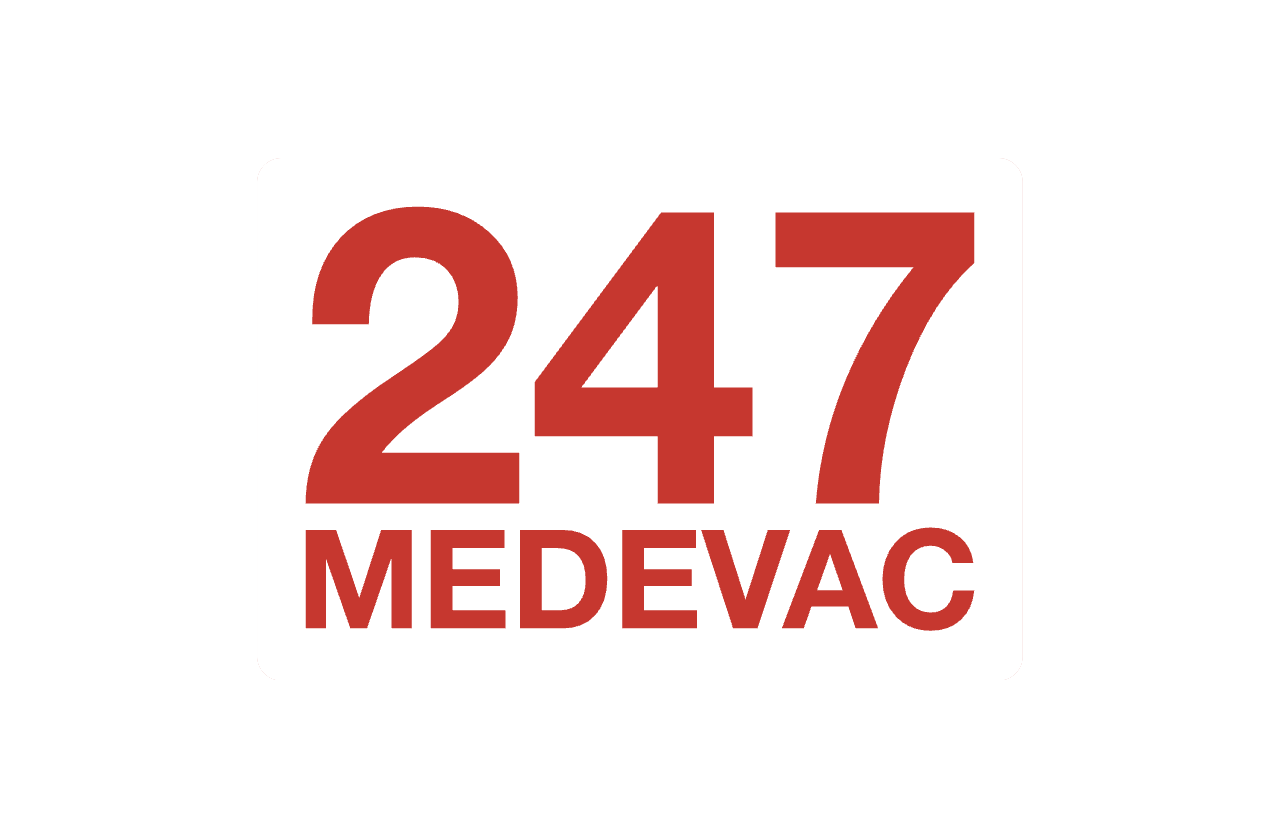Neurological Emergencies Abroad: Air Ambulance Transfers for Seizures and Epilepsy
Neurological emergencies such as seizures and epilepsy complications can occur suddenly and without warning, often leaving patients and families feeling frightened and overwhelmed. For those who experience these crises while abroad, the challenges multiply, as unfamiliar healthcare systems, language barriers, and limited access to specialist care can complicate what is already a frightening situation. Air ambulance transfers provide a vital solution, offering safe, specialist-led transport for patients with seizures and epilepsy who require urgent repatriation or transfer to advanced neurological centers. These services not only ensure continuous medical support but also give families peace of mind that their loved one is in expert hands during the journey.
Seizures can arise for many reasons, from established epilepsy and missed medications to brain injuries, infections, metabolic disturbances, or undiagnosed neurological disorders. When seizures become prolonged, recurrent, or life-threatening—a condition known as status epilepticus—immediate advanced medical care is essential. In regions where specialist neurological care is unavailable or insufficient, patients may need to be transferred rapidly to hospitals with neurologists, neuro-intensive care units, and advanced diagnostic facilities. Air ambulances bridge this gap, ensuring that patients receive the right care without dangerous delays.
The process of arranging an air ambulance transfer for a patient with seizures or epilepsy begins with stabilization at the local hospital. Once the patient’s airway, breathing, and circulation are secured, and initial treatment is administered, medical coordinators assess whether they are fit to fly. Patients with unstable or refractory seizures often require continuous medication infusions, mechanical ventilation, or intensive monitoring—services that air ambulances are uniquely equipped to provide. Aircraft are fitted with advanced monitors, ventilators, infusion pumps, and emergency medications, creating an environment that mirrors a neuro-intensive care unit in the sky.
On board, the patient is supported by a medical crew trained in neurological emergencies. This typically includes an intensive care doctor and a critical care nurse or paramedic with experience in managing seizures and epilepsy. The team is prepared to respond to sudden neurological deterioration, administering anti-seizure medications, adjusting ventilation, or managing complications such as aspiration or cardiac instability. Continuous monitoring ensures that the patient remains stable throughout the journey, while the presence of trained specialists provides reassurance that care is uninterrupted.
Air ambulance transfers also provide vital continuity in treatment for epilepsy patients. Many rely on strict medication schedules to prevent seizures, and even minor disruptions can trigger an emergency. In-flight medical crews ensure that medications are administered on time and adjusted as needed. For patients with newly diagnosed conditions, air ambulances make it possible to transport them safely to advanced centers where specialist neurologists can conduct further investigations and tailor long-term management plans.
Speed is one of the greatest advantages of air ambulance services in neurological emergencies. When seizures are prolonged or recurrent, delays in accessing advanced care can cause irreversible brain damage. Air ambulances can be launched within hours, bypassing commercial flight restrictions and flying patients directly to hospitals with neurological expertise. This rapid response can make the difference between full recovery and long-term disability. For families, it also reduces the stress and uncertainty of waiting, offering reassurance that everything possible is being done.
For families abroad, dealing with a seizure emergency is deeply distressing. Watching a loved one lose consciousness, convulse, or remain unresponsive can be traumatic, particularly when far from home. 247 Medevac provides crucial support in these moments by managing the entire transfer process. From liaising with local doctors and arranging flight permissions to coordinating with receiving hospitals, every step is handled with professionalism and compassion. Families are kept updated throughout, and when safe, they can accompany the patient on the flight, offering comfort and familiarity during a difficult journey.
Insurance companies, corporations, and governments also depend on air ambulance services for neurological emergencies. Travelers, expatriates, and employees abroad may require urgent transfers for seizure-related emergencies, and ensuring access to specialist care is essential for fulfilling duty of care obligations. By partnering with trusted providers like 247 Medevac, insurers and organizations can ensure that patients are transported safely, efficiently, and with dignity.
International transfers for neurological patients present additional complexities, including flight permissions, customs procedures, and coordination with specialist hospitals. 247 Medevac’s global operations team ensures that these challenges are managed swiftly and effectively, minimizing delays. Receiving hospitals are fully briefed in advance with medical records, ensuring that neurology teams are prepared to admit the patient and continue treatment immediately upon arrival.
Ultimately, air ambulance transfers for seizures and epilepsy are about ensuring safety, continuity of care, and access to specialist treatment. They allow patients to be transported securely across borders while receiving hospital-level care throughout the journey. They also provide families with reassurance, insurers with trusted solutions, and patients with the chance of better outcomes by connecting them to advanced neurological services.
247 Medevac is proud to deliver this vital service, with aircraft configured for neurological emergencies, specialist medical crews, and global operations available around the clock. Every mission reflects a commitment to safety, speed, and compassion, ensuring that patients experiencing seizures or epilepsy complications abroad receive the care they need when they need it most.
In the end, neurological emergencies abroad highlight the importance of specialized air ambulance services. For patients with seizures and epilepsy, timely, expert transfer is often the bridge between crisis and recovery. With 247 Medevac, critical neurological care takes flight, ensuring that patients are never left without options, no matter where in the world they fall ill.
